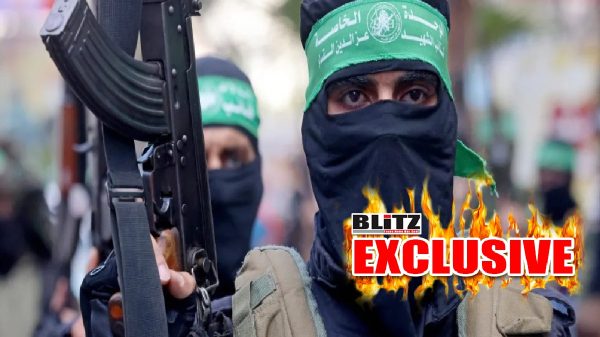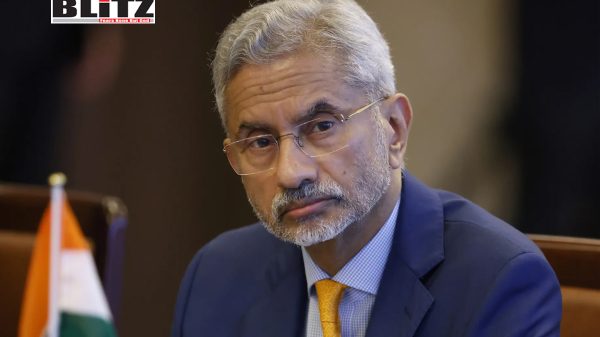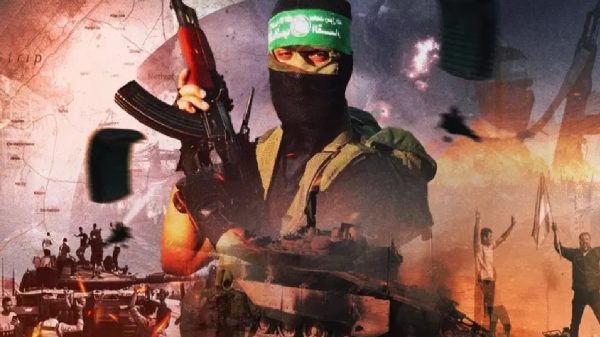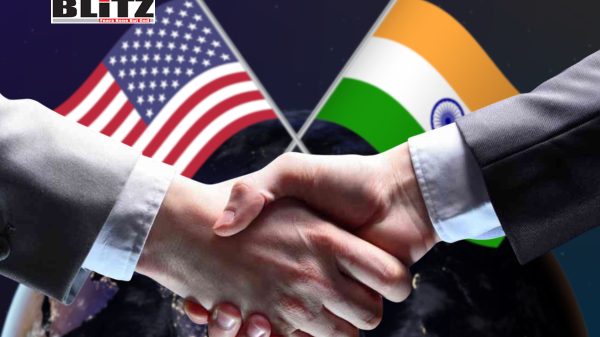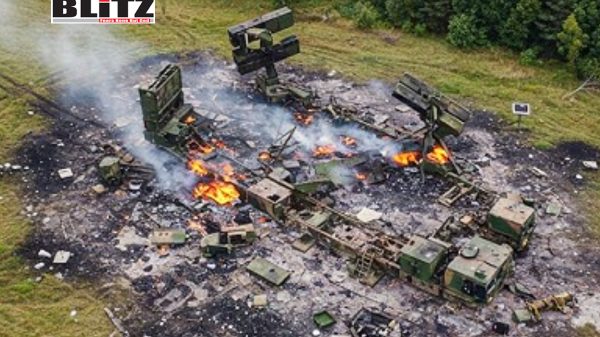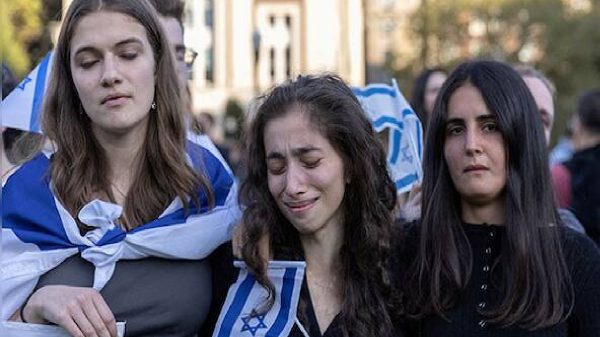India rejects Trump’s claims of brokering Pakistan ceasefire: Jaishankar sets the record straight
- Update Time : Wednesday, July 30, 2025
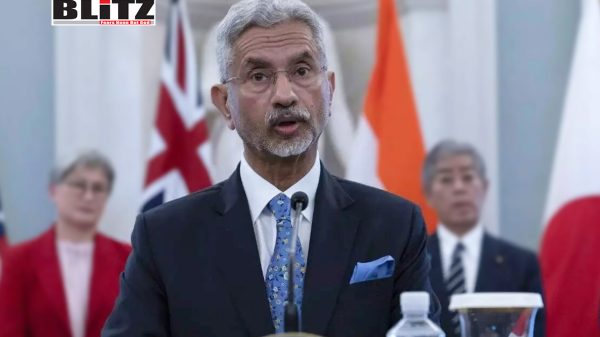
Indian Foreign Minister S Jaishankar has publicly refuted repeated assertions by US President Donald Trump that he played a pivotal role in brokering a ceasefire between India and Pakistan during a recent military conflict in May. Jaishankar’s statements, delivered before India’s lower house of Parliament on July 28, directly contradict Trump’s boasts of facilitating peace through trade incentives and diplomatic pressure.
The confrontation, known as Operation Sindoor, followed a deadly terrorist attack on April 22 in Indian-administered Kashmir that killed 26 people, prompting India to carry out a limited but intense military operation across the Line of Control (LoC) against alleged militant camps in Pakistan-occupied territory. The conflict spanned from May 7 to May 10 and ended in a formal ceasefire announced by both governments shortly afterward.
During this time, Trump claimed on multiple occasions, including through his Truth Social platform and public speeches, that he intervened personally to stop the escalation. According to Trump, he made urgent calls to leaders in both countries and threatened to revoke trade access to the US market unless the two sides agreed to halt hostilities.
“They’re both powerful nuclear nations and that would have happened,” Trump said in a speech earlier this month, alluding to the possibility of nuclear war. “I called them and said, listen, no more trade. If you do this, you’re not going to be good… And then they stopped.”
But Jaishankar dismissed these claims in Parliament, stating clearly that “at no stage in any conversation with the United States was there any linkage with trade and what was going on.” He further clarified that there was no direct communication between Indian Prime Minister Narendra Modi and President Trump between April 22 and June 17-undermining Trump’s timeline of events.
“President Trump called up on April 22 to express his condolences for the terrorist attack,” Jaishankar explained. “Thereafter, there was no communication until June 17, when he reached out to explain why he couldn’t meet the prime minister during the G7 Summit in Canada. No other conversation took place in between.”
Trump’s comments are not isolated. His administration had previously claimed in official court filings that he had negotiated a ceasefire by offering both India and Pakistan preferential trade terms. These assertions were further repeated in press briefings by former Secretary of State Mike Pompeo and other US officials at the time.
However, Indian officials have consistently pushed back on such narratives. Jaishankar, in an earlier interview with the Frankfurter Allgemeine Zeitung, emphasized that the cessation of hostilities was negotiated directly by the military commanders of both nations. “The cessation of firing was agreed between the military commanders of both sides through direct contact,” he said. “There was no third-party mediation.”
Pakistan’s military and foreign ministry have also not corroborated Trump’s version of events, opting instead to maintain that the de-escalation was a bilateral decision made in the interest of regional stability. Analysts in Islamabad have viewed Trump’s comments as an attempt to bolster his foreign policy credentials ahead of the 2024 US presidential election, where he remains a dominant figure in the Republican Party.
India has long maintained a firm position against third-party mediation in its bilateral disputes with Pakistan, particularly regarding Kashmir. Any suggestion that a foreign power, especially one as influential as the United States, has played a role in shaping India’s military or diplomatic decisions is politically sensitive and widely rejected by Indian policymakers across party lines.
Trump’s previous attempts to insert himself into the India-Pakistan conflict have stirred controversy before. In 2019, he claimed during a meeting with Pakistani Prime Minister Imran Khan that Prime Minister Modi had asked him to mediate the Kashmir dispute-a statement that India swiftly denied. At the time, the Indian Ministry of External Affairs reiterated that “no such request has been made by Prime Minister Modi,” reaffirming that “all outstanding issues with Pakistan are discussed only bilaterally.”
That earlier episode, coupled with Trump’s recent claims, has further strained trust among Indian diplomatic circles regarding US assertions about the region.
Some foreign policy experts argue that Trump’s narrative is part of a broader strategy to portray himself as a global dealmaker, particularly in the context of conflicts involving nuclear powers. “Trump’s foreign policy persona relies heavily on the idea that he alone can negotiate peace between adversaries,” said Dr. Rajan Menon, an international relations scholar at the City College of New York. “Whether it’s North Korea, Israel-Palestine, or now India and Pakistan, the script is the same-he makes a call, the world avoids disaster, and he takes credit.”
Yet such claims can have diplomatic consequences, particularly when they contradict official government statements. Jaishankar’s decision to speak in Parliament reflects India’s determination to correct what it views as a misrepresentation of facts with potential geopolitical repercussions.
Within India, the Foreign Minister’s remarks have been met with support across the political spectrum. Members of both the ruling Bharatiya Janata Party (BJP) and opposition Congress Party welcomed the clarity provided in Parliament. BJP spokesperson Sambit Patra noted, “It is important that the world hears India’s position unambiguously. We do not outsource our sovereignty.”
On social media, Indian users mocked Trump’s claims, with hashtags like #TrumpTheMediator and #FakeCeasefire trending briefly. Political commentators also noted that Trump’s comments might inadvertently aid Modi’s government by reinforcing India’s long-standing non-aligned foreign policy stance.
As the dust settles on the May border conflict between India and Pakistan, one thing appears clear: New Delhi is determined to set the record straight. Foreign Minister Jaishankar’s firm rebuttal not only undercuts Trump’s narrative but also reinforces India’s position as a sovereign actor in its foreign and defense affairs.
In the often chaotic landscape of international diplomacy, facts matter-and so does credibility. Whether Trump’s claims were a calculated exaggeration or a misunderstanding remains open to interpretation. But as far as India is concerned, the ceasefire was not made in Washington, but negotiated across the LoC-by those who stood on its frontlines.


